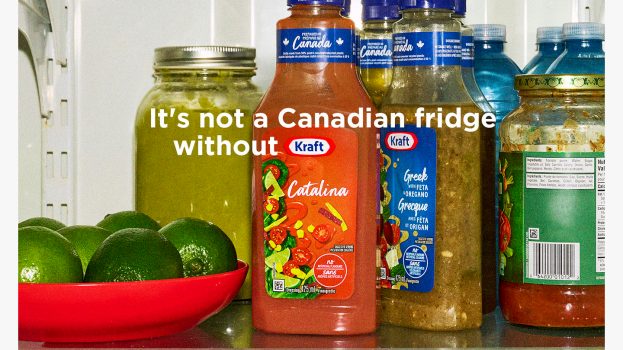
Coca-Cola growth fueled by Zero and executions
Coca-Cola Zero Sugar has helped boost Coca-Cola’s bottom line. The beverage giant reported a Q4 net income of $2.20 billion, up from $1.97 billion a year earlier. Coca-Cola Zero Sugar grew 13% for the quarter and 9% for the full year, both driven by growth across all geographic operating segments.
Coca-Cola CEO James Quincey, called its overall business momentum strong. “We operate in a great industry, with steady growth,” Quincey said in today’s conference call.
Broad-based share gains occurred across global beverage categories, the company reports
In North America, for the full year, the company gained value share in total (non-alcoholic ready to drink) NARTD beverages, driven by share gains in Trademark Coca-Cola and juice, value-added dairy like Fairlife and plant-based beverages.
The CPG says its “networked marketing” model has proven effective in making offerings more personalized.
Quincey says it is seeing “tangible results from its marketing transformation” and is investing heavily in digital capabilities to accelerate consumer recruitment and win in the market.
Coca-Cola is also reporting that it boosted its point of sale messaging.
Quincey cited the success of its Fanta Halloween innovation, which hit 50 markets. Large activations for its LTO Fanta Beetlejuice Haunted Apple contributed to sparkling flavor share gain in Q4.
Quincey adds the brand’s marketing is about being “bold and learning.” For the first time, the company made an ad by Generative AI. Last year’s Coca-Cola Christmas spot, the company reports, was produced faster and at lower cost. However, some viewers perceived it as “dystopian” and “creepy,” which led the company to defend itself by saying it was a collaborative effort between humans and AI.

Kellogg Q4 slumps due to weakening Canadian dollar/challenges
Kellogg is reporting that sales in the fourth quarter were down 1.8% in dollars to $640 million, a 1.8% decline year-over-year, in its first year of being a standalone company, post-Kellanova split.
Volume declined 5.6% as well. The brand’s 2024 reported net sales were $2.7 billion, a 2.0% decrease year-over-year.
The fourth quarter net sales decline was due to the “ongoing challenging business environment” and the unfavorable impact from foreign exchange translation, resulting from the considerable weakening of the Canadian dollar in relation to the American dollar.
However, in this morning’s earnings call, Kellogg co-chairman and CEO Gary Pilnick said its “new marketing model” is already seeing benefits through better ROI.
The company is reporting category share gains in Canada of +90 bps vs. prior year, noting that it delivered a “solid quarter” holding category share at above 39%, according to Nielsen xAOC 52-week period ended Dec. 28.























